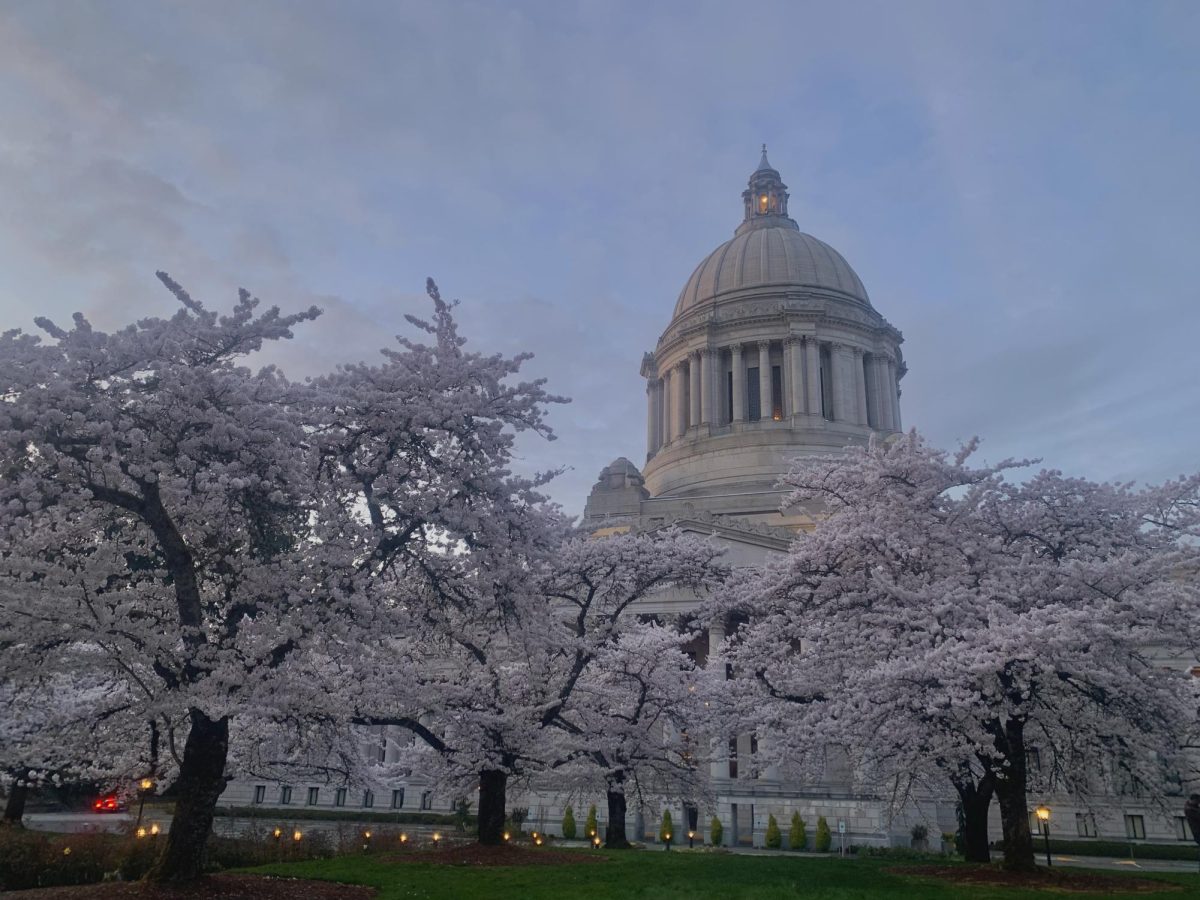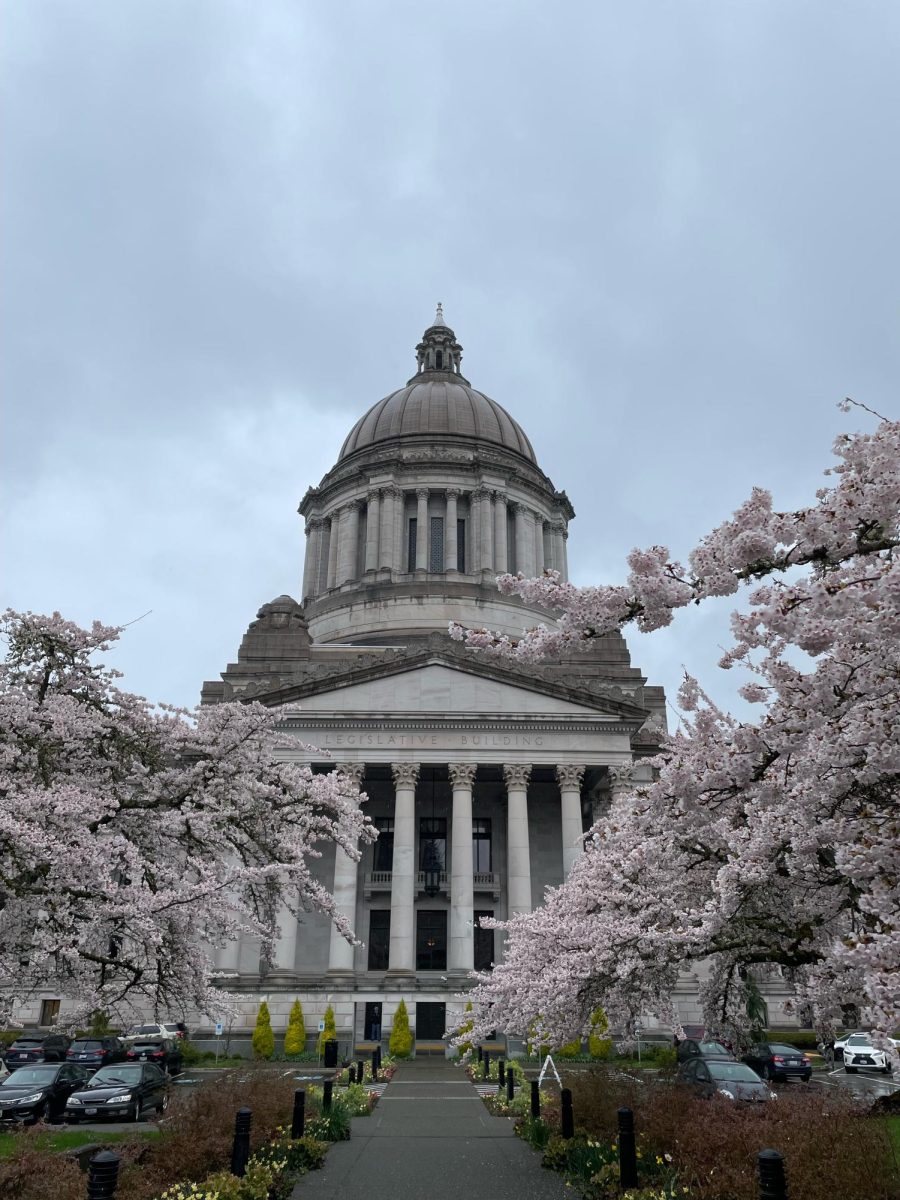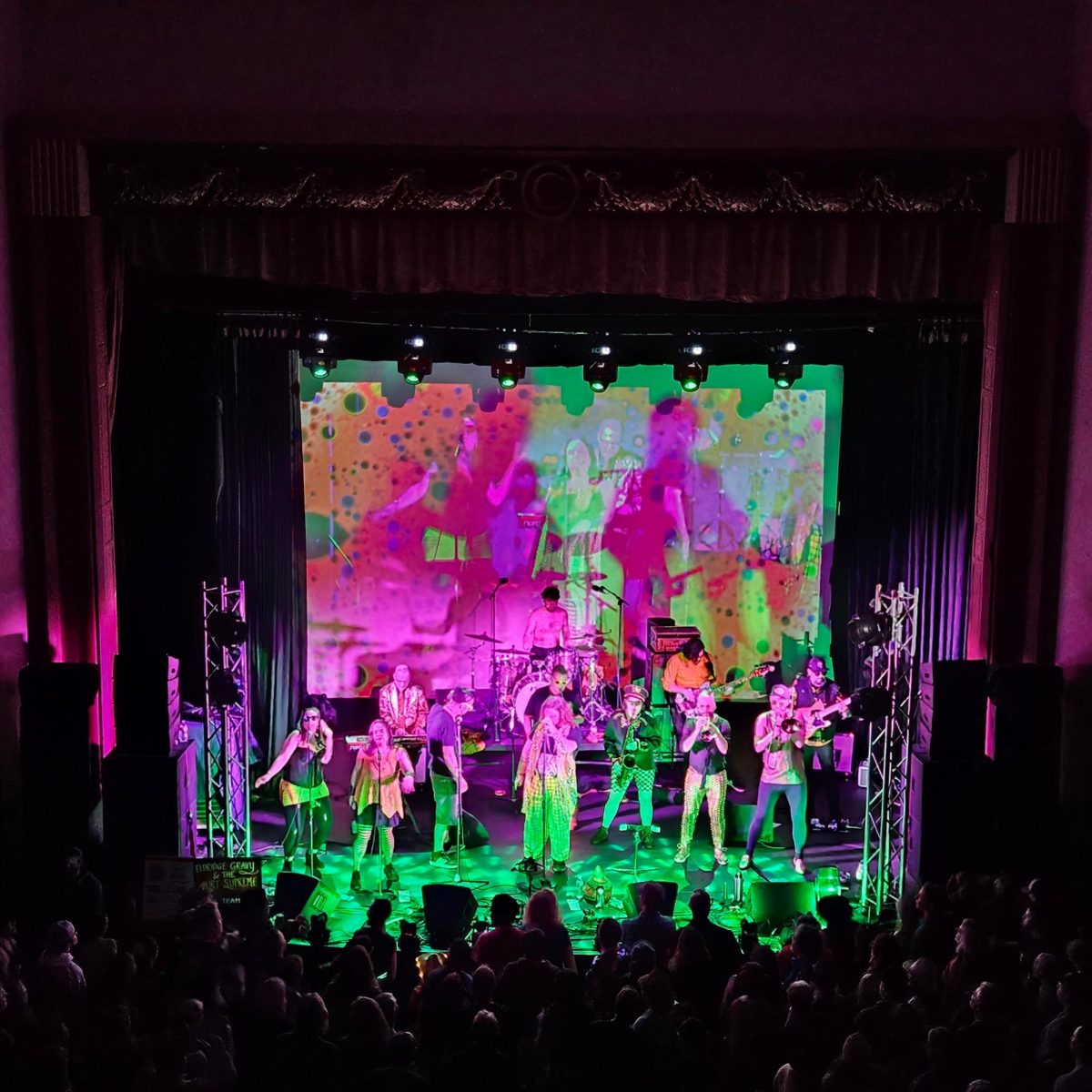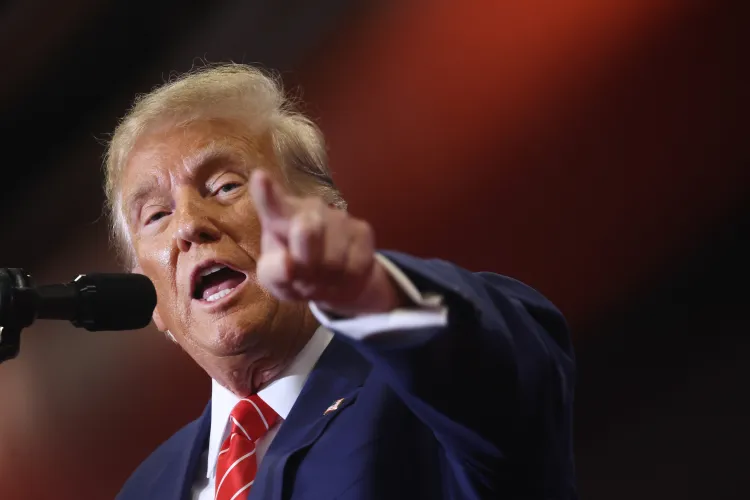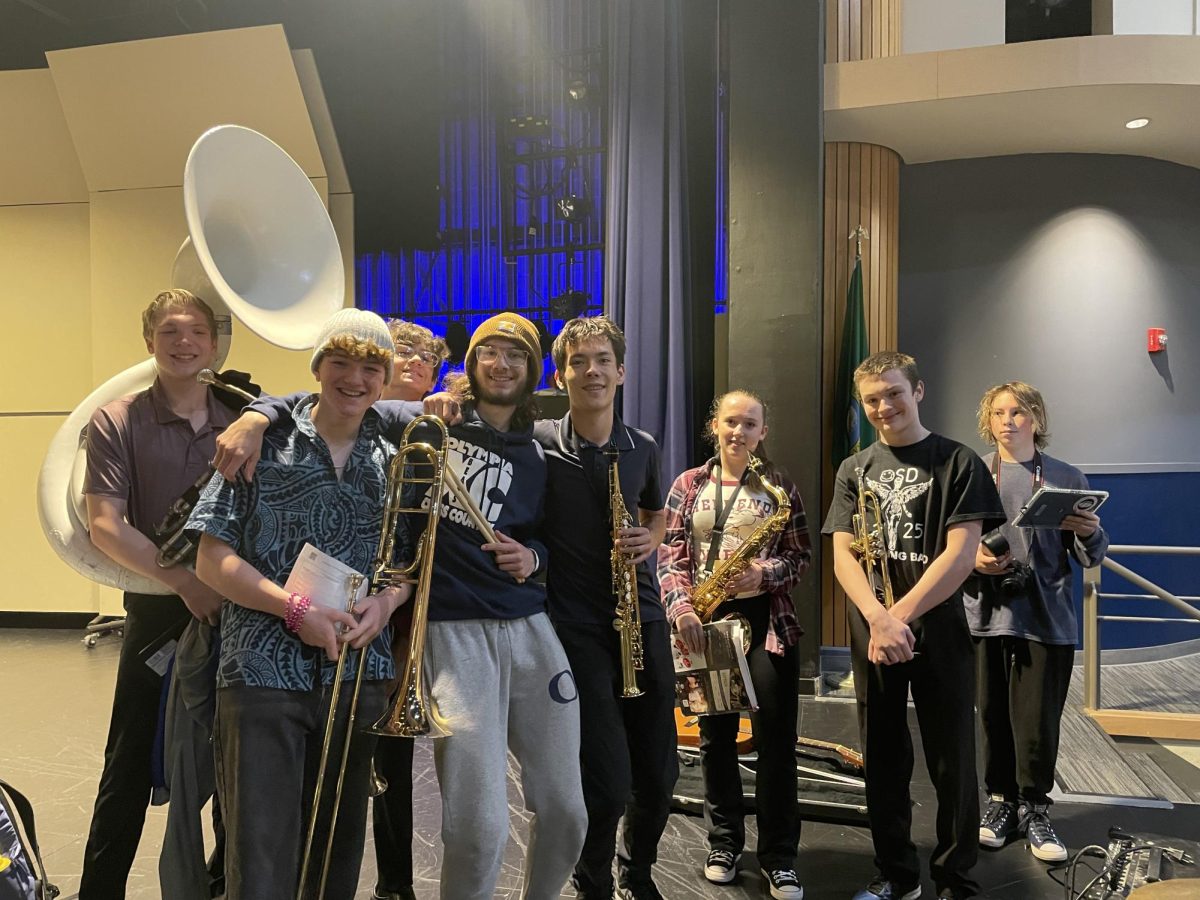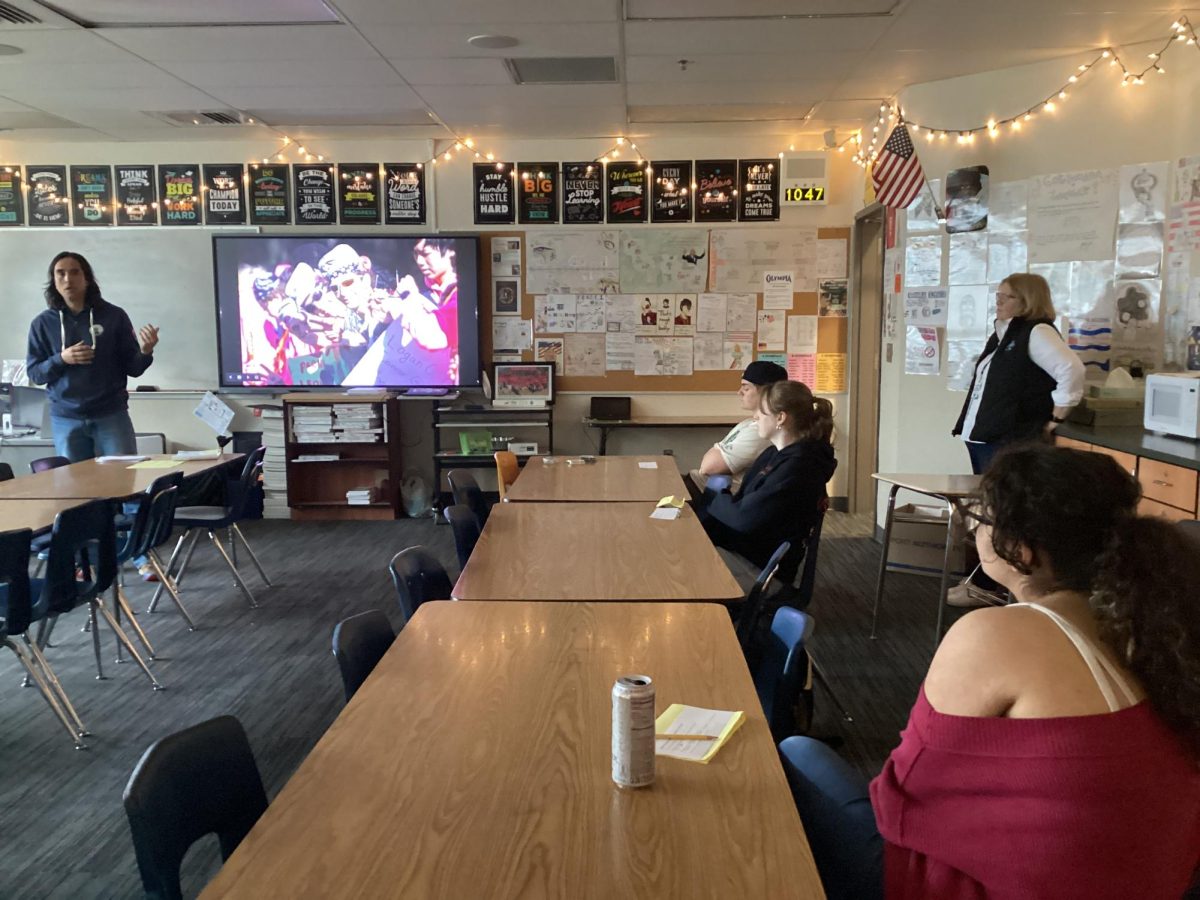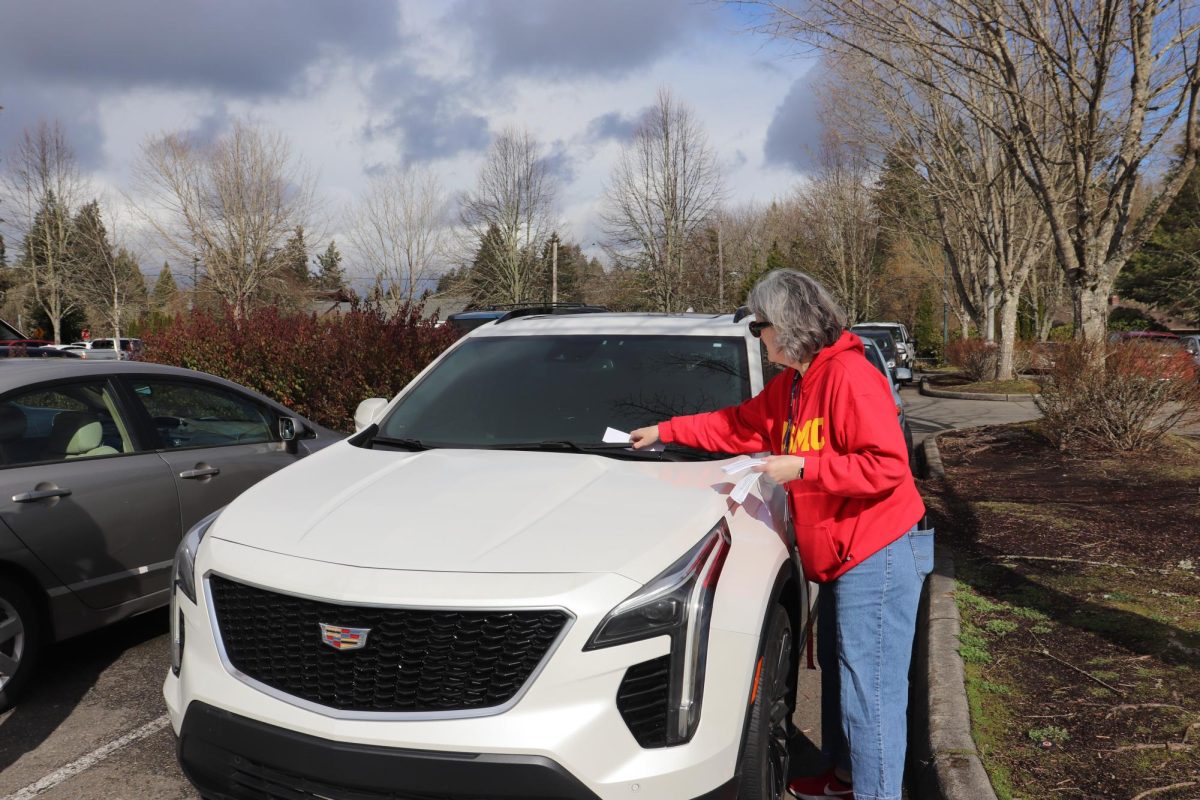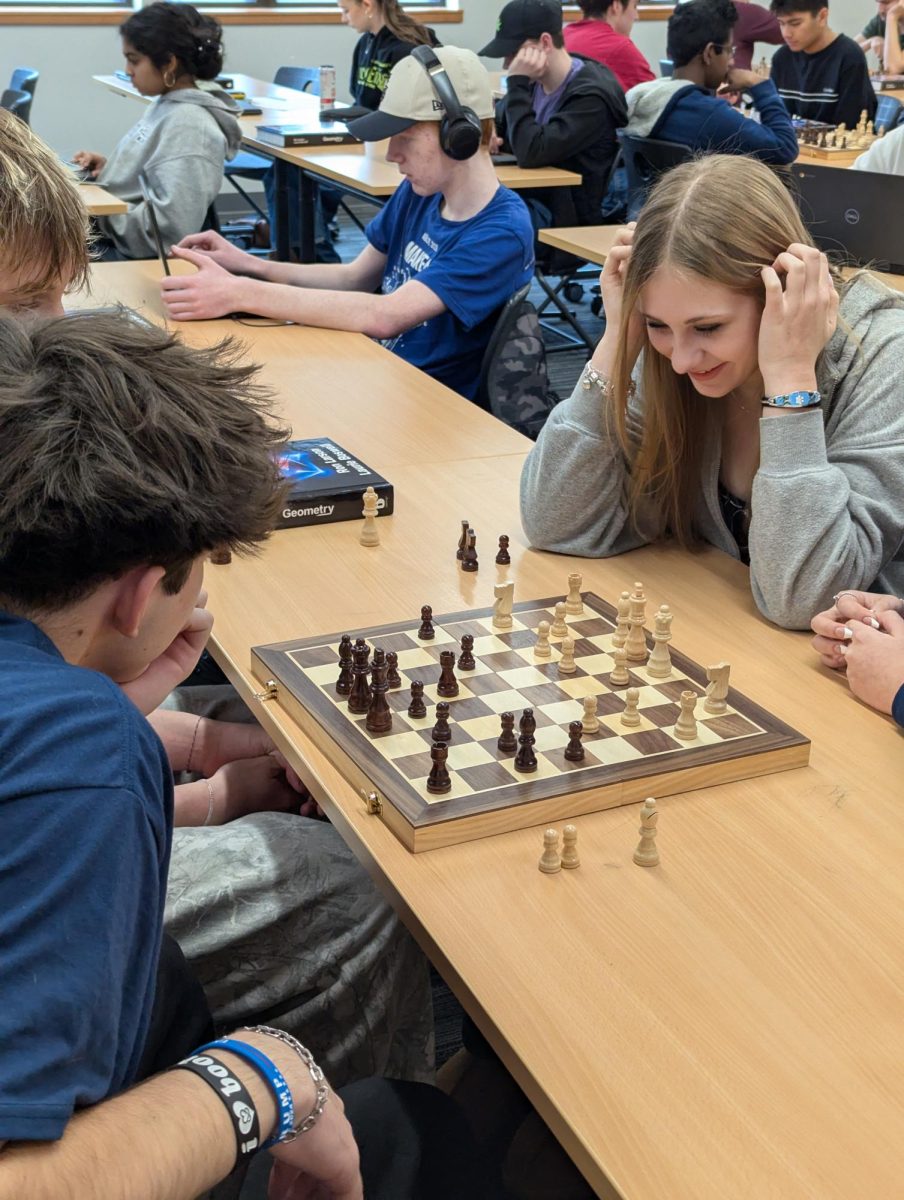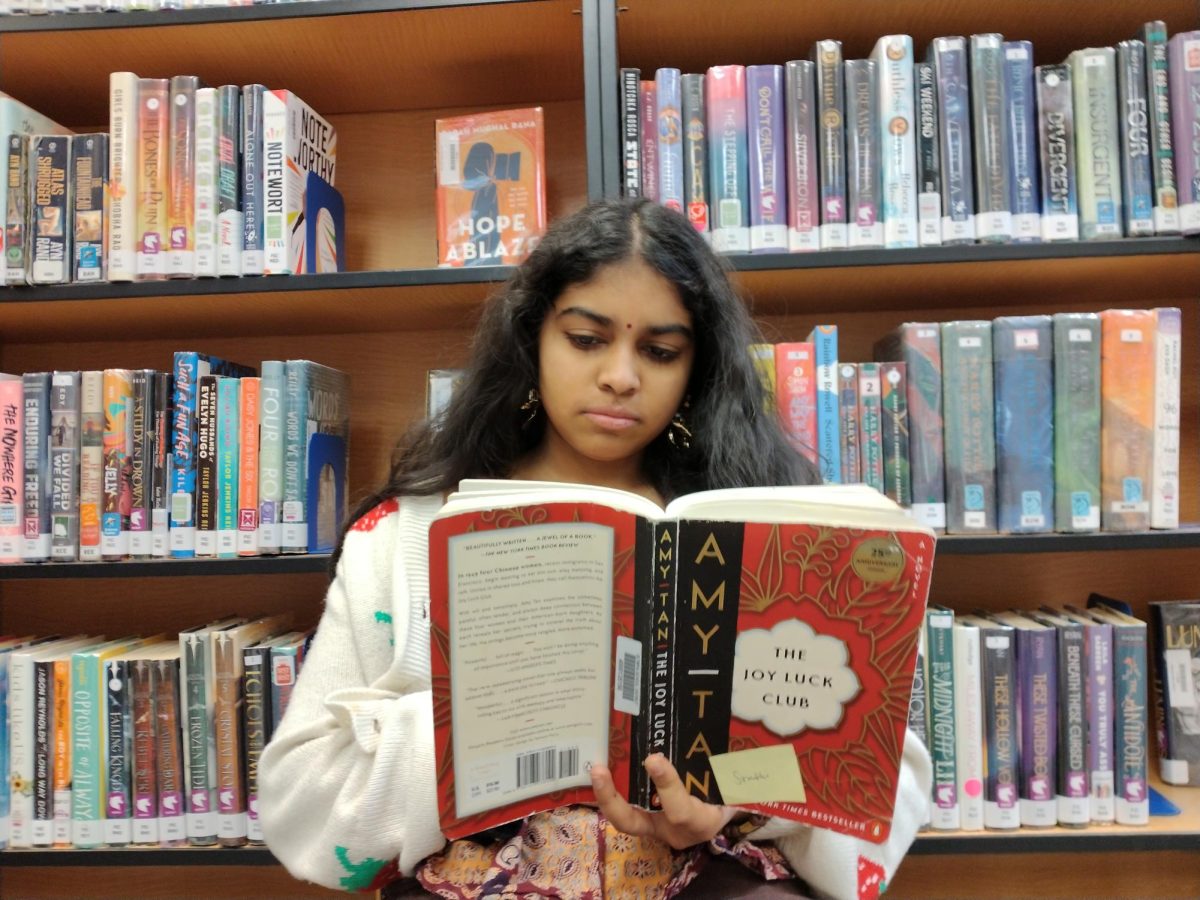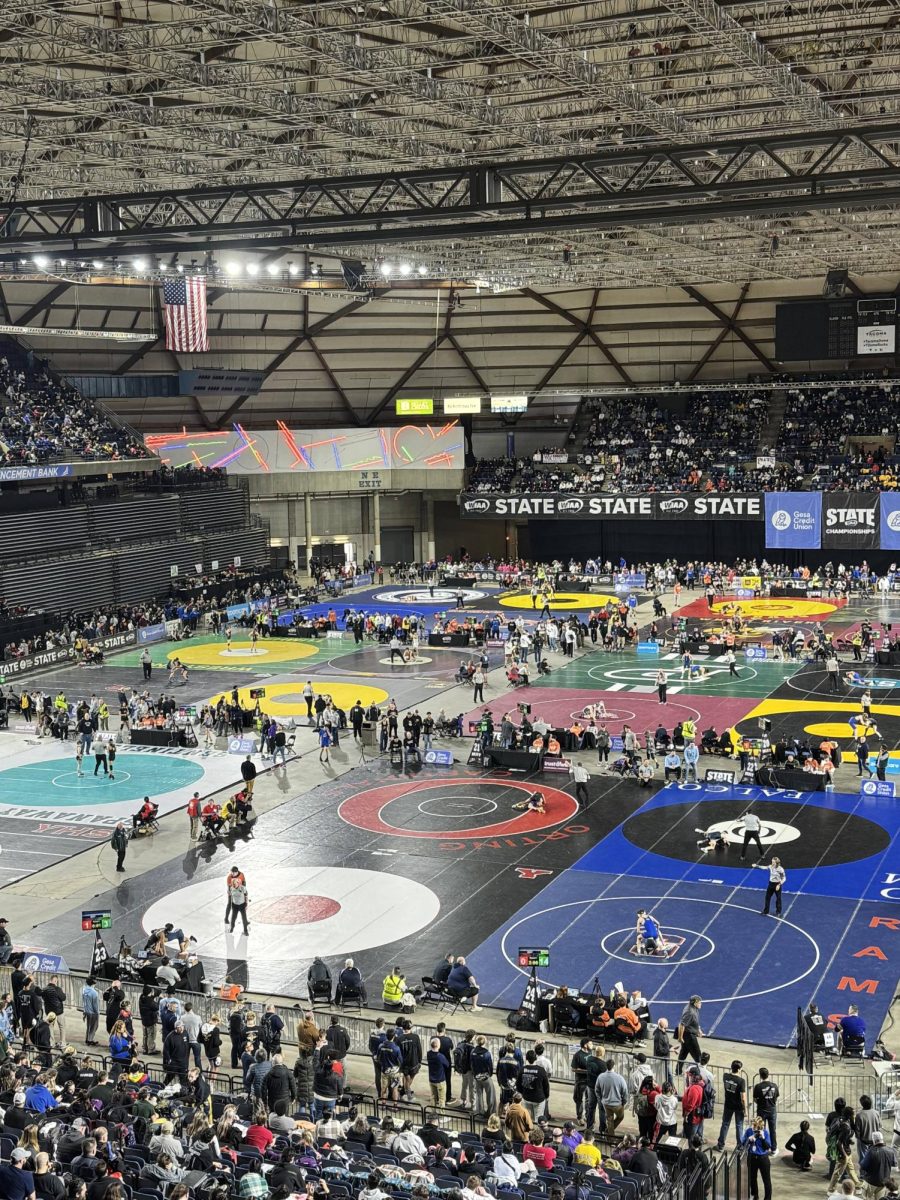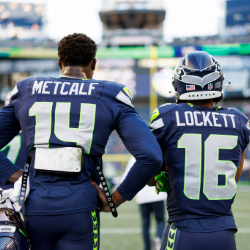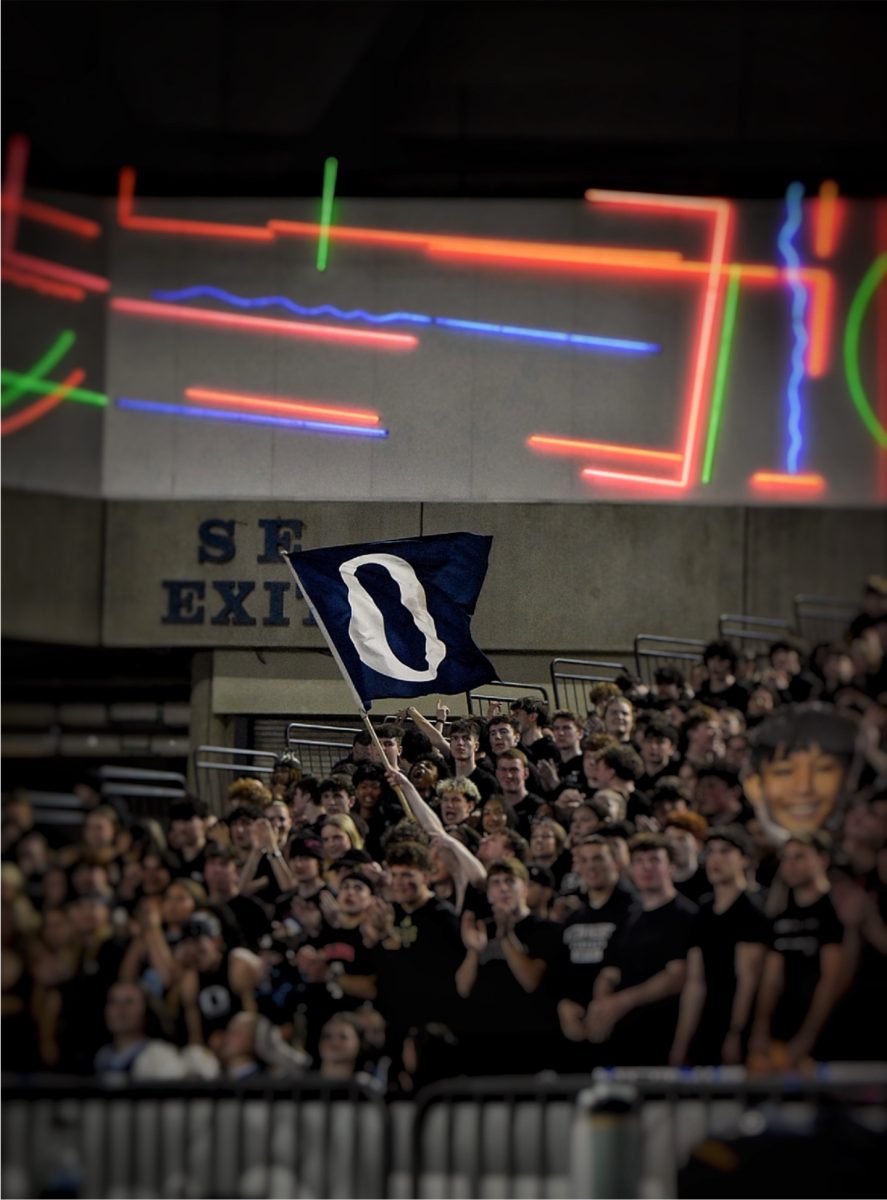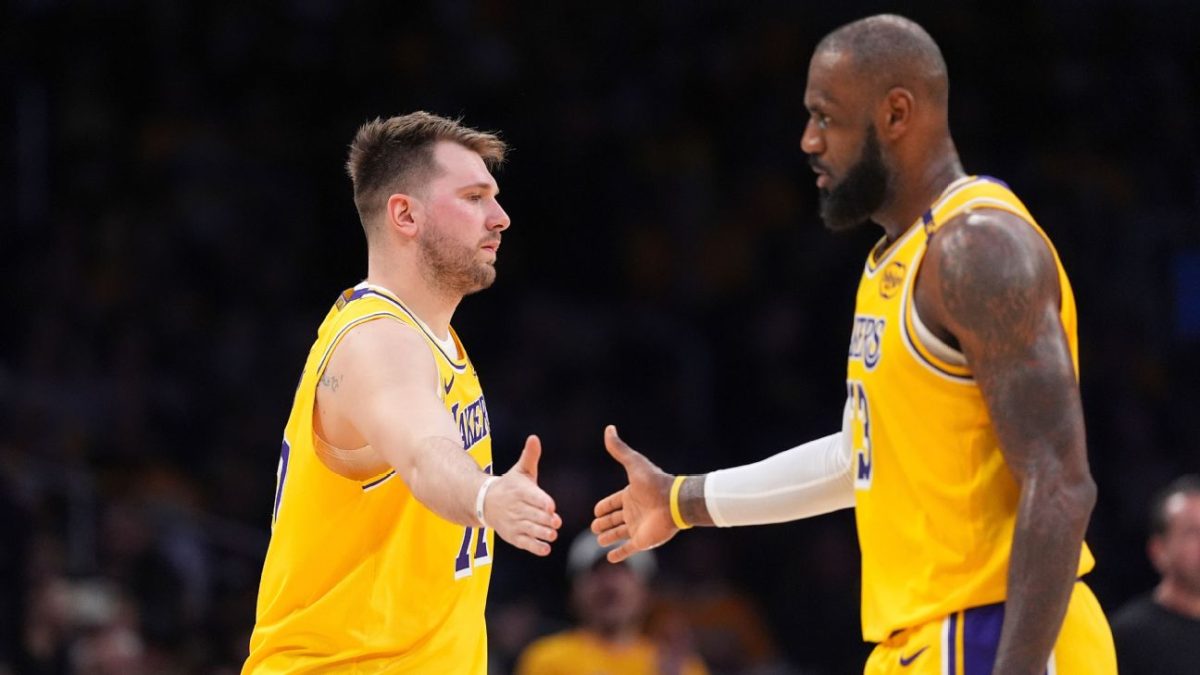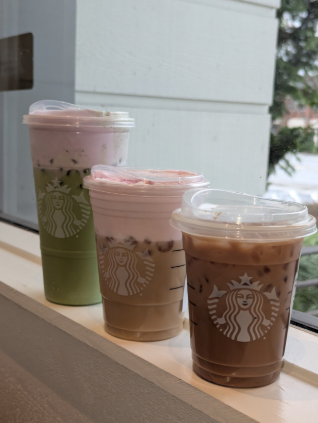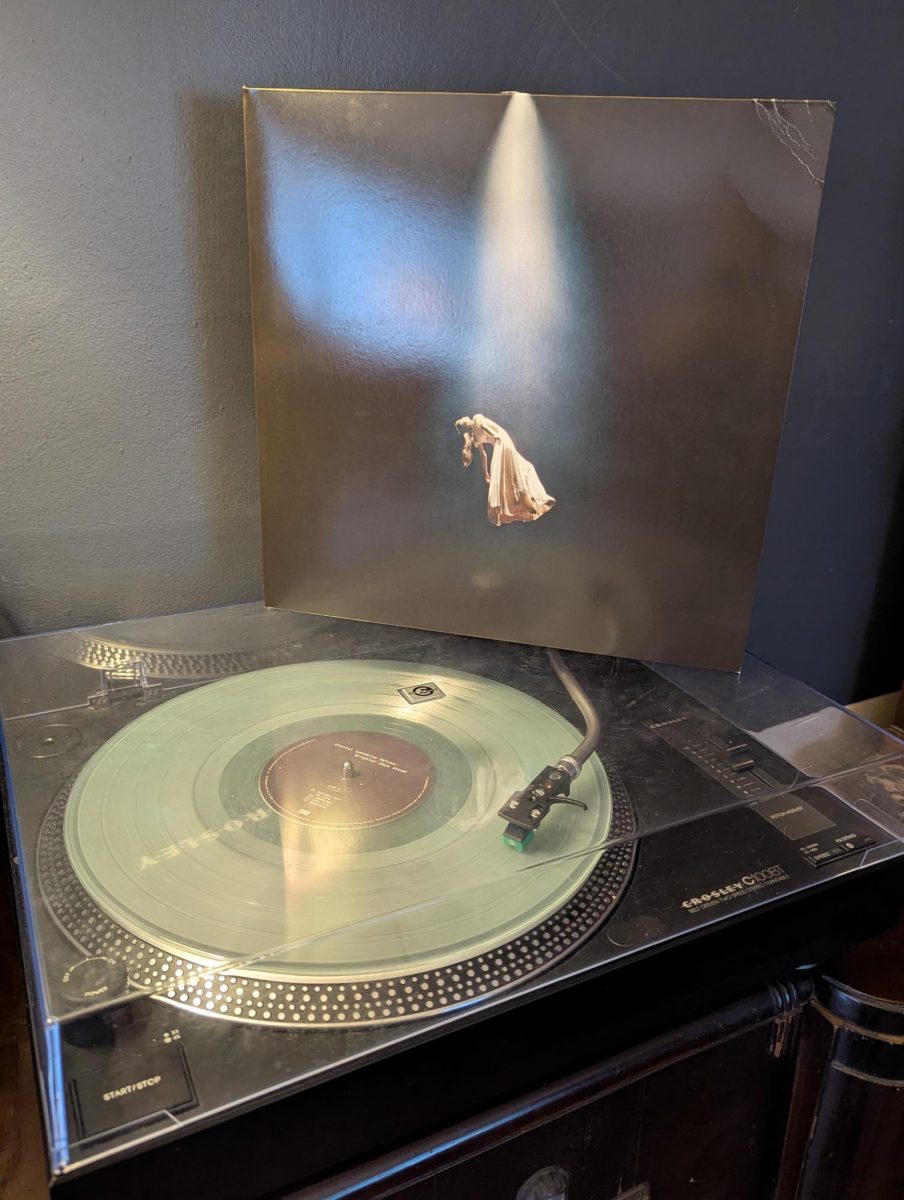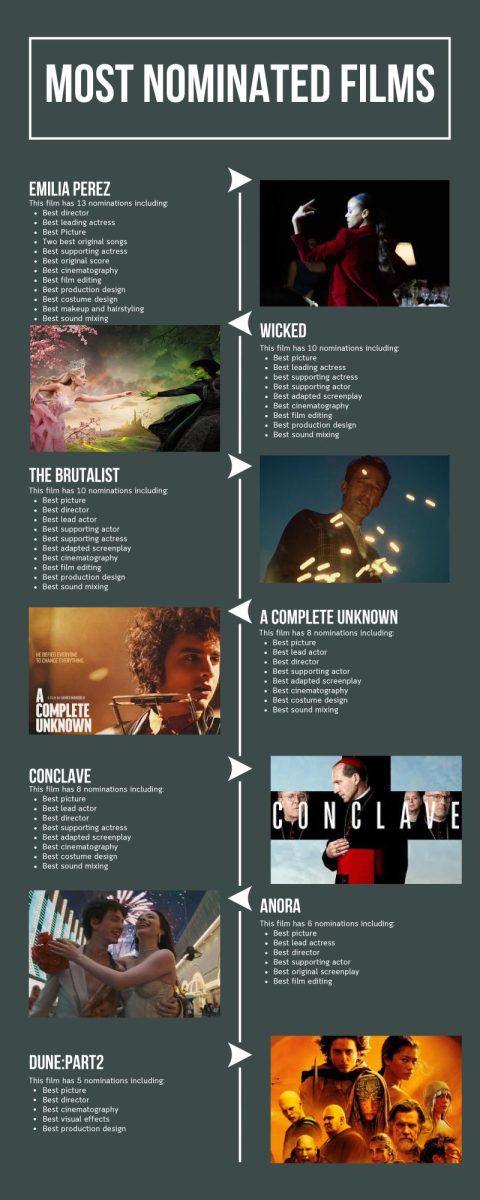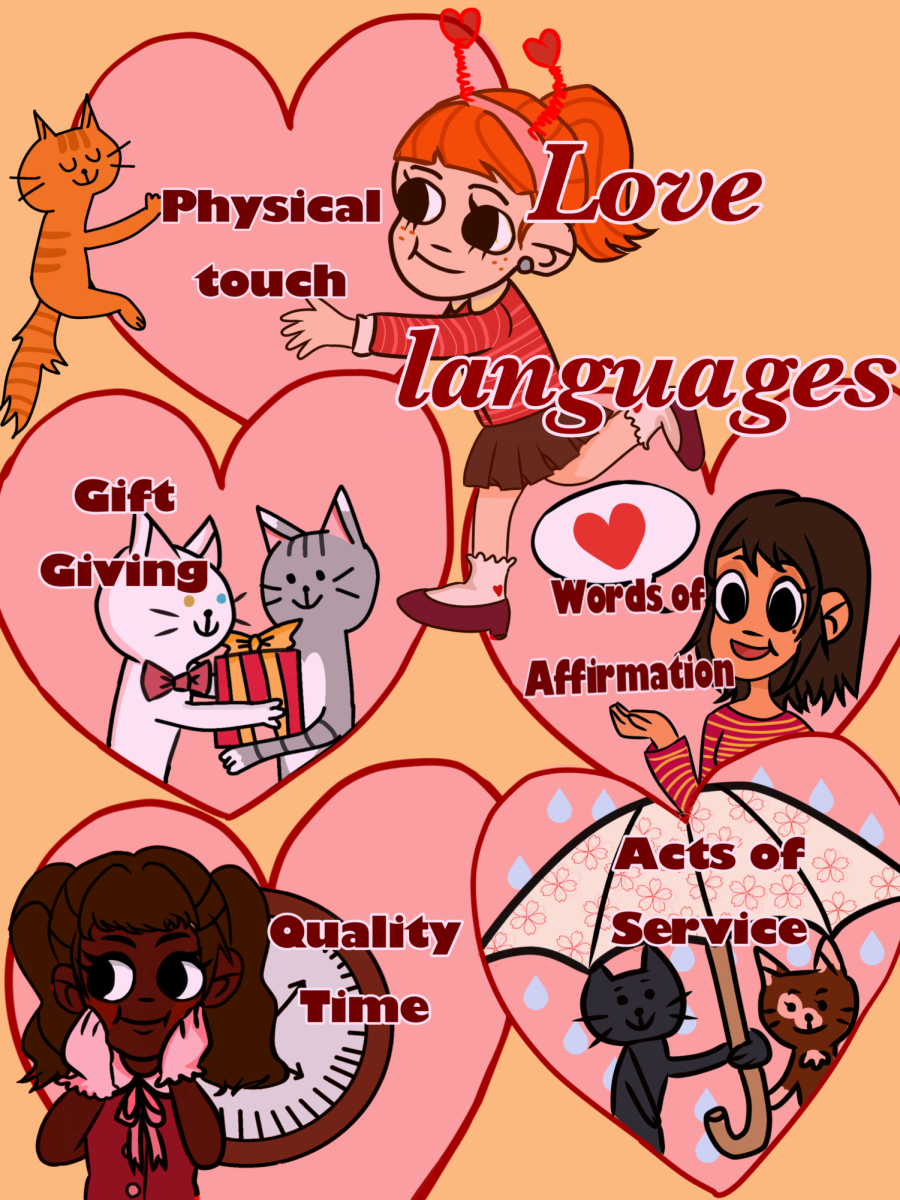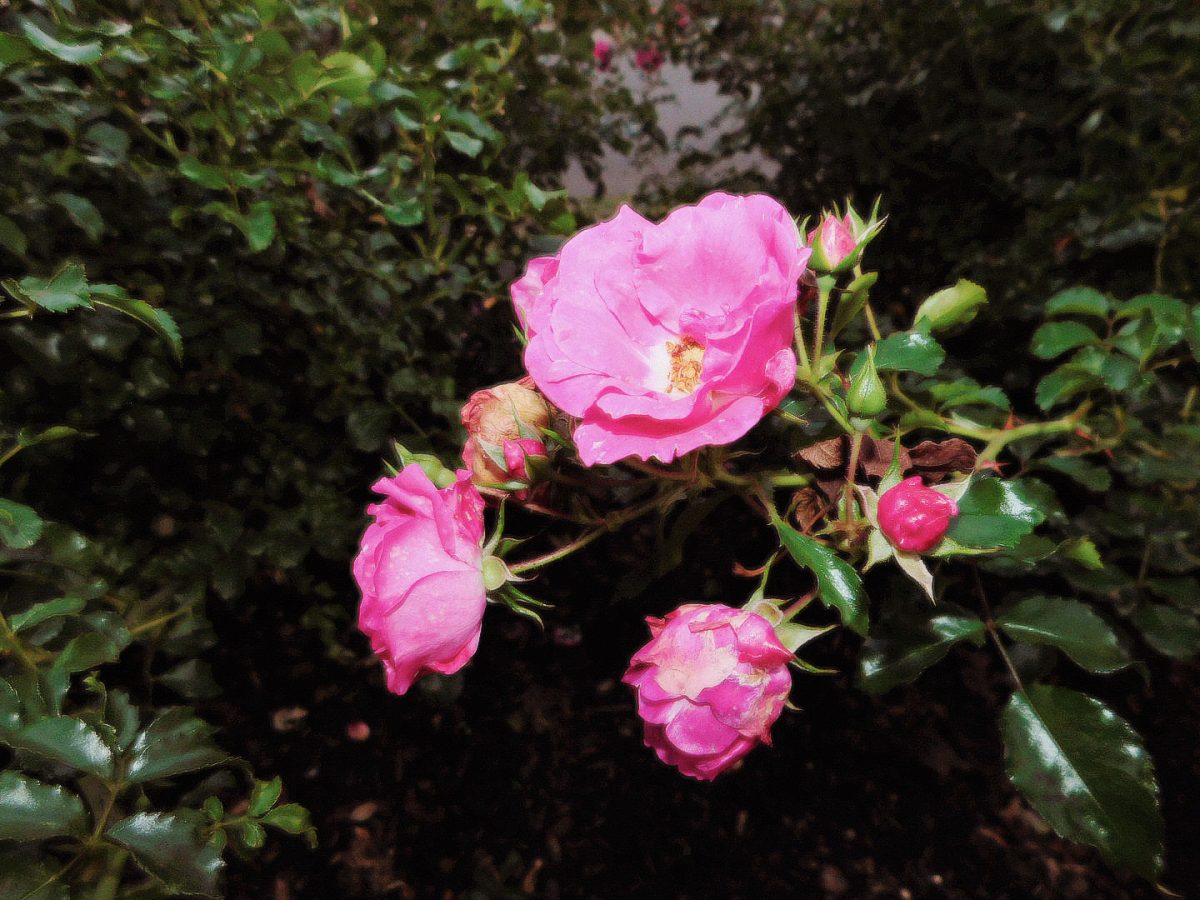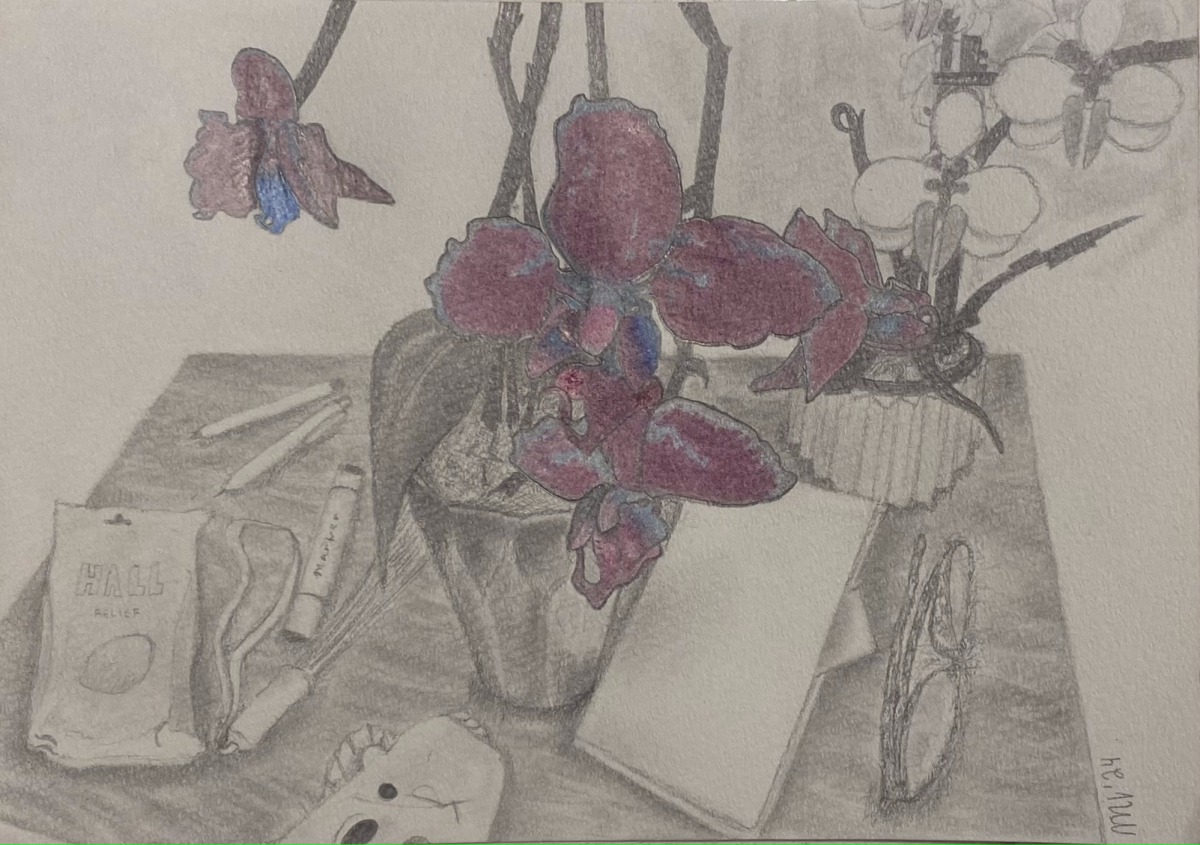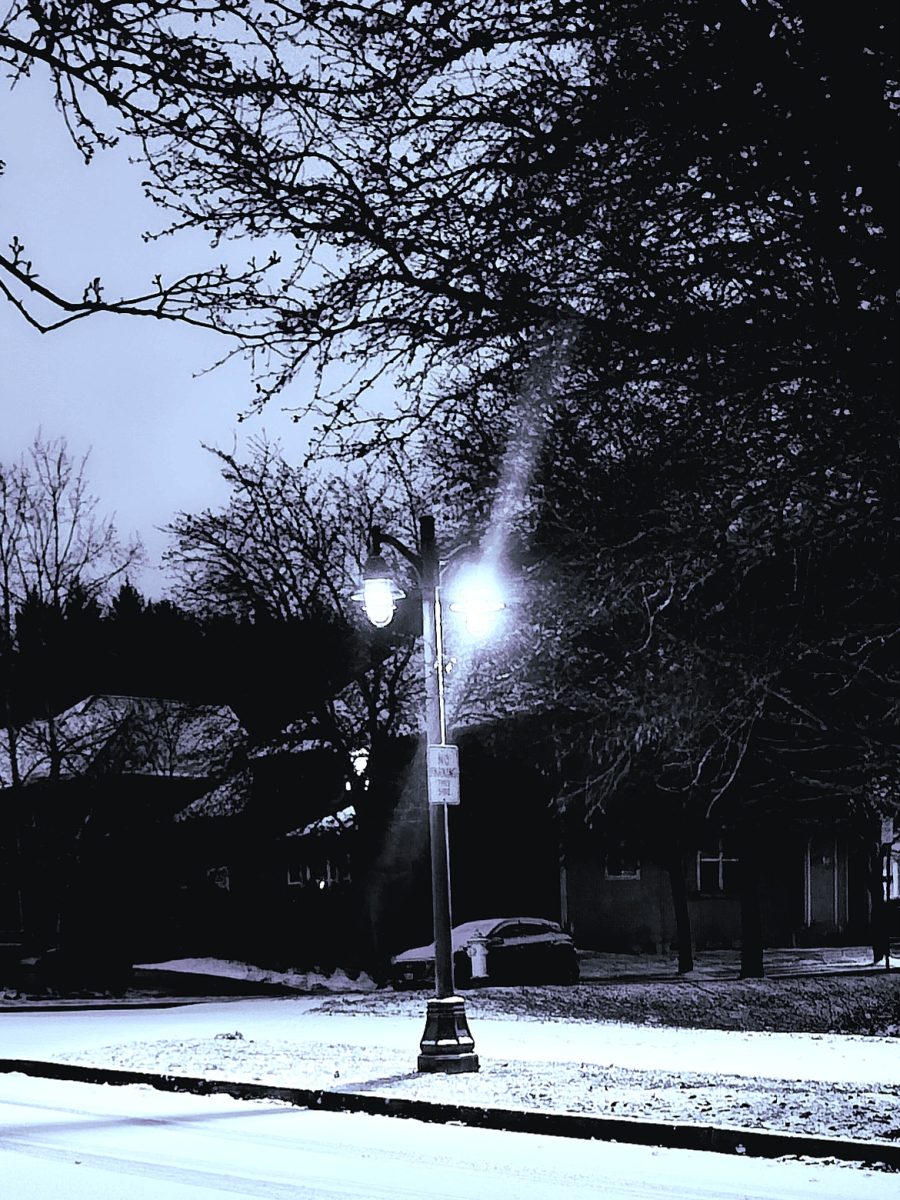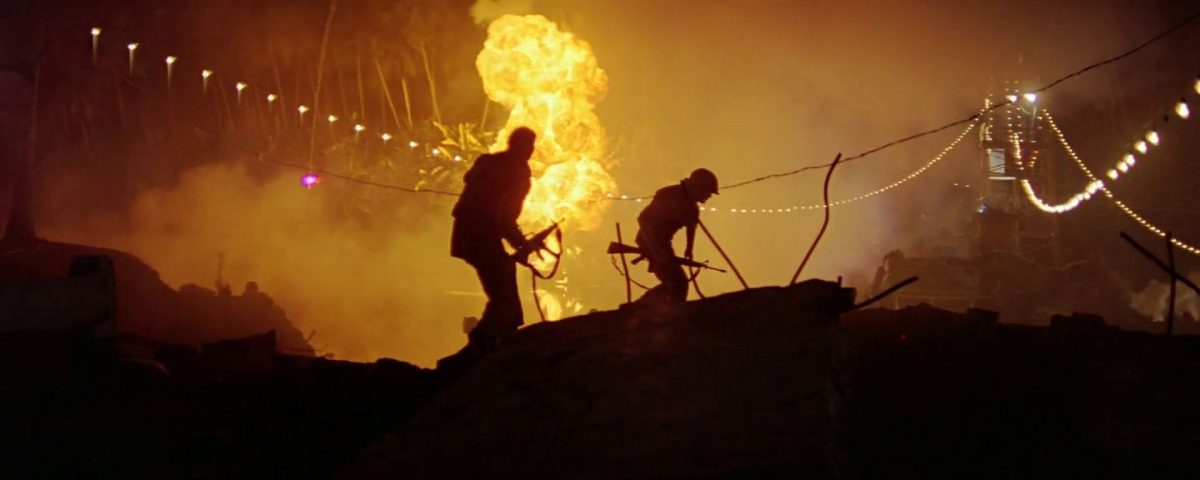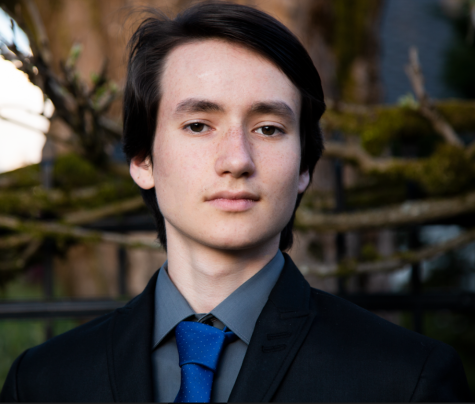What people claim as freedom is the freedom of dogs. To go to a cage and sit nicely and be told “good boy” and “good girl.” We demand freedom of speech, yet do not exercise our freedom of thought, our one inviolable right. The problem is not that we submit, but rather our inability to. True freedom is true submission. The last freedom, that most dangerous freedom hung at the bottom of the noose, is to choose one’s sovereign. This choice is the meaning of freedom.
“Have you considered any real freedom, freedom from the opinions of others, even from the opinions of yourself?” asked Kurtz. His face coming in and out of shadows; his listener standing at the precipice of choice. It is unclear if he even chose. The film Apocalypse Now tears apart morality, asking whether one ever was moral—could be moral—or whether one was a dog: unconscious—obedient for small words of small praise from an unchosen sovereign.
When the many act, they do so beyond morality–just as one sleeping is beyond reason–for the unconscious possess no will. In short, the category of morality simply does not apply to the many. Morality, should that word bear any weight, presupposes an agent of will. A person who chooses. And are the many capable of choosing? Capable itself comes from the Latin word capere, meaning to take or to hold, and are the masses able to take or to hold? They seem to be the errand boys of grocery clerks, always given things to deliver, never choosing what they shall enact. Indeed, how many people choose what they will do?
People are like a train, placed on a railroad track, running ever forward and at an interruption to their course, they blare forth the words evil and bad upon instinct. They are without questions, without comprehension. For to comprehend requires, prehendere—to grasp—and statements of judgment do not grasp. They are not questions. Questions call forth, they demand, they summon and above all, they are conscious. For this person set up on railroad tracks, to associate them with the word slave would be to debase the latter. They are most akin to a machine, having almost no will at all. And having no will, they can not submit and being incapable of this second feat, they can not possess real freedom. The willful slave is the true sovereign.
Real freedom is something possessed only by few men, those who are willful slaves. Rousseau was wrong: all men are not born free. They are born in chains and everywhere carry those chains, for no man is God. All are subjugated to the physical laws of the universe and to their own inherent natures. The one redemption offered is to be aware of these chains and worse, to will yet more chains, but those of one’s choosing. Here, one’s dignity grows. Here, one is within good and evil. Here, one is man.
The willful slaves, the true sovereign, has the rare freedom that Kurtz spoke of. This person is worthy to be referred to by that all-expansive moniker: man. Real freedom is recognizing that you can never have a will of your own, but you can decide what to serve and whose will shall be done. At his apogee, man is a servant. His will transmuted to that of his sovereign—killed and yet he himself returns a revenant. He is the beauty of the world, a dignified servant–a willful slave.
The dignified servant has freedom from the opinions of others. The cry of the crowd no longer touches his ears. Like a mortal’s shout at a mountain, it does not reach the summit. He has ascended too far. But perhaps his greatest reward is freedom from the opinions of himself. Unbound is he from the beguiling whispers of his weakness. Those voices that speak in subtle tones of fear and dread. In their stead comes certainty: the certainty of horror, the certainty of heaven.

